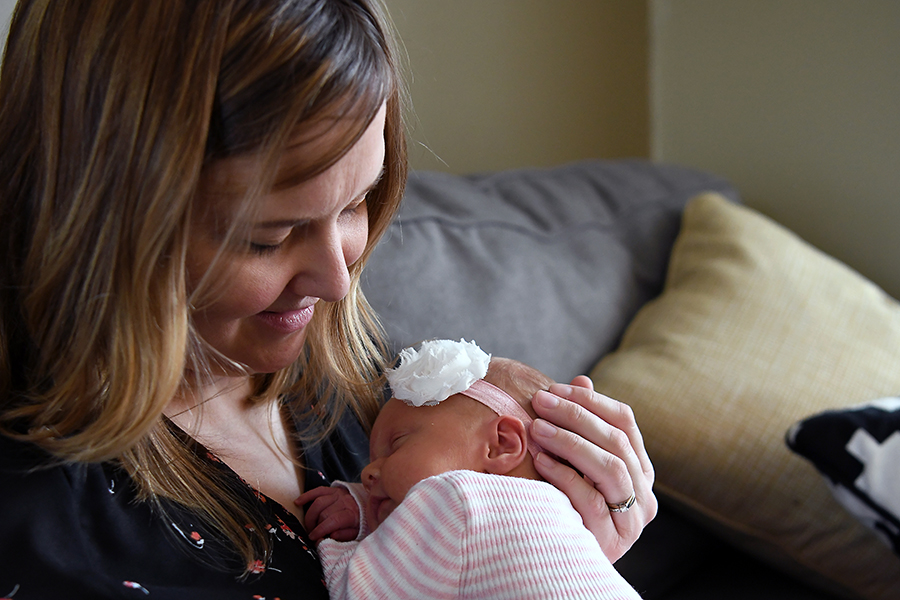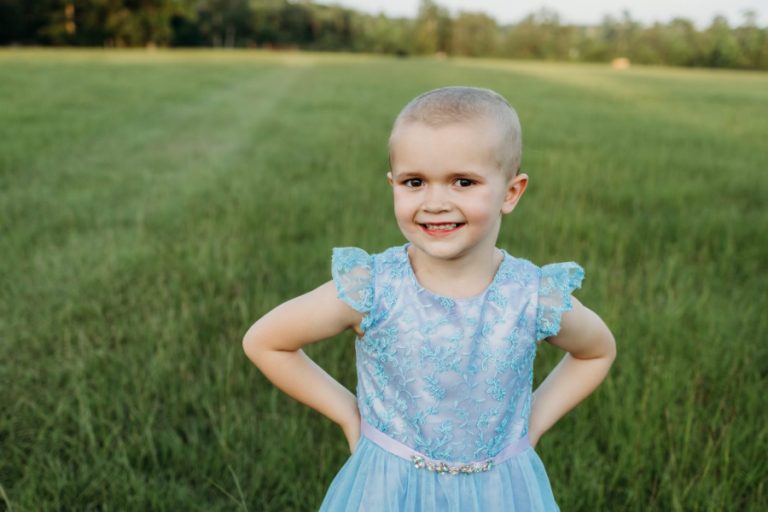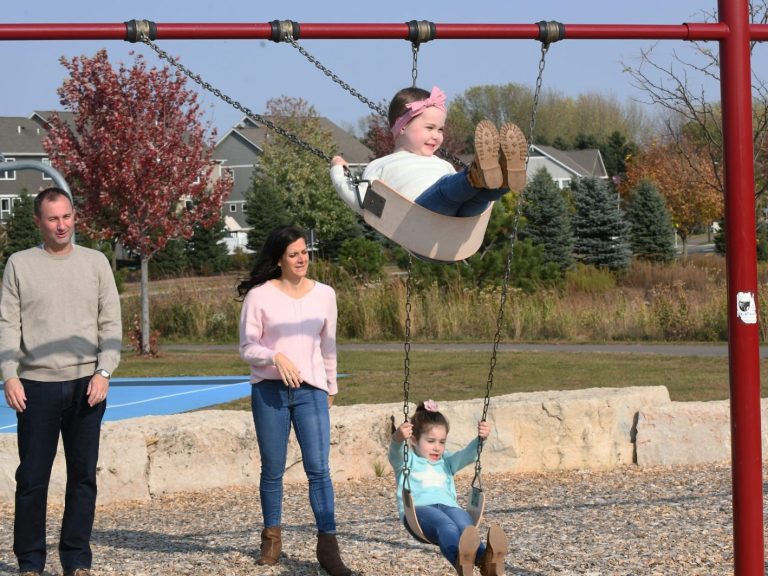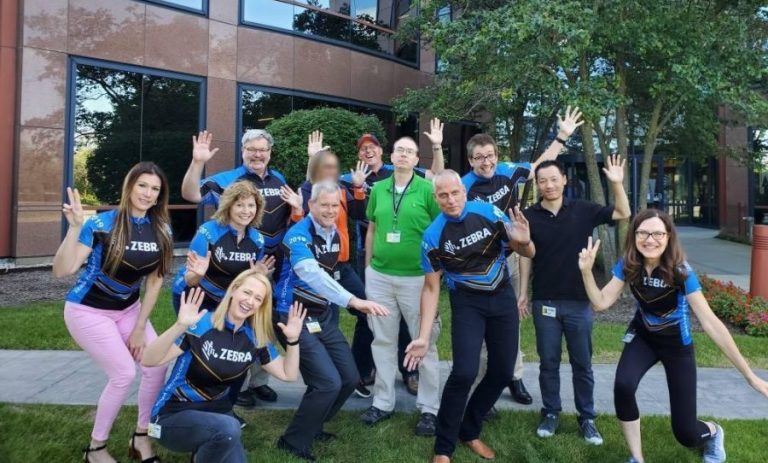I feel like I have lived two lives: my pre-cancer life and my life as a survivor.
Before my diagnosis, cancer was an ambiguous word that invoked an enormous amount of fear within me; like a soccer ball being kicked into my gut. It was my worst fear, yet I didn’t think I would ever face it personally. I was young, healthy and active. I associated cancer with older people who had already experienced a long life. I thought of the woman I saw at the grocery store, a scarf wrapped around her head, with skin that was pale and eyes that were sunken. I envisioned cancer as it was portrayed in movies– a skinny, frail man constantly bent over the toilet throwing up.
When I heard the word cancer in reference to myself, I refused to call it what it was—a growing monster that wanted to strip me of my carefree teenage years. After my diagnosis, I asked my family to call it the “c word,” as if this would allow me to get through treatment without facing the horrible side effects: losing my hair, becoming frail and sick, living a life consumed with hospital stays. I remember the moment when I realized that facing toxic chemotherapy was inevitable if I wanted to survive. My life was no longer mine, and my future was suddenly uncertain.
I researched osteosarcoma statistics, but tried not to let the numbers get into my head. I am not a number. I am a fighter. I remember the first time that I threw up after eating my favorite Taco Bell burritos, a celebratory meal after finishing my first round of chemo. I remember brushing my hair, only to find a chunk of blonde locks woven between the bristles. Cancer became a word that I was beginning to understand way too well. I was the person that people stared at because I was the one wearing the scarf.
My pre-cancer self felt awkward when seeing people who were sick. I didn’t want to be rude and stare, so I pretended like I didn’t notice. My survivor self realizes that pretending not to notice portrays that I don’t care, which is never the case. I do care. During treatment, I wanted to talk about it. I wanted to share my experience because I knew that I looked pale. I knew that I was bald. And I knew that differences in appearance automatically invoke questions from friends, family, and strangers. I still want to talk about it because I still feel different.
My pre-cancer self learned that someone had cancer and immediately responded with, “oh wow” or “that’s so sad.” No eye contact. I was too shy to ask questions because I didn’t want to overstep my bounds or to make anyone feel uncomfortable. My survivor self appreciates questions. When people ask me how I knew I had cancer, what it felt like, and how I survived chemotherapy, I get excited because I have an opportunity to create awareness about the enormous impact that a cancer diagnosis carries. Talking about my experience with cancer helps with my emotional healing process, as cancer treatment is very traumatic and hard to hide. Sharing about treatment allows one to cope with the trauma and anxiety that it invokes.
I have realized post-cancer that it is challenging as a survivor to share about my cancer experience because it doesn’t naturally come up in conversation. Several years out of treatment, the impact is still present internally, but it is not always physically visible. I deal with negative impacts every day: poor hearing which causes me to ask “what?” a lot; a prosthetic knee that doesn’t always function how I want it to; anxiety about the present and future; fear of every pain, bump, and bruise; and heart issues that cause me to become tired more easily. These often affect my daily life, but it is difficult to explain to others why my life is still impacted. Sometimes talking about it makes me feels embarrassed. I worry that people think I am seeking attention that I don’t deserve
My pre-cancer self may not have thought to advocate for childhood cancer because it was not impacting me personally. As a survivor, I know that it can impact anyone at anytime. I have been given the gift of survival. Not all children impacted by cancer have been given the same gift. Their lives tell the story of what cancer can take from us. They cannot grow up. Their voice is gone. They are not able to advocate. I AM. It is my responsibility to step out of my comfort zone and tell my cancer story so that others realize the devastation that cancer creates, and the lives that it steals because we do not have enough resources to research a cure.
Good can come from awful situations. Post-cancer, I am a stronger person, friend, family member, spouse, coworker and mother. I learned that life is fragile and not promised. Because I survived, I went to school. I am a teacher and I have the opportunity to impact many lives. Because I survived, I have an amazing little girl. She will grow to be a kind human and leave an imprint in the world. This is why I share my cancer journey and this is why I want to encourage others not to be shy. We have lived through the worst and survived to make a difference in the world. Our story can motivate those who love us to donate to cancer research so that more children will live to share their stories.
For more about Anna, read her story, Her Greatest Triumph.




